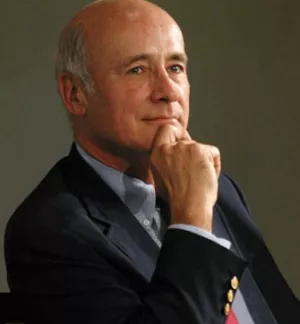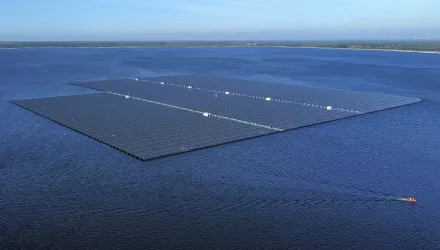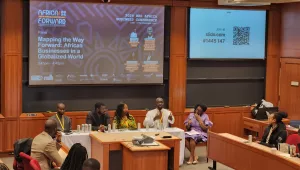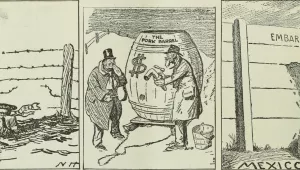If we can persuade others to want what we want, we save having to spend on expensive carrots and sticks. The US cannot rely on hard power to win the war against terrorism.
The United States is the most powerful nation on Earth. Its stature in the world arena is more dominant, perhaps, than any other since the Roman Empire.
But like Rome, we are not invincible. As we wend our way deeper into this struggle against terrorism, it becomes increasingly apparent that there are many things outside of U.S. control.
We cannot hunt down every suspected Al Qaeda leader hiding in remote regions of the globe. Nor can we launch a war on Iraq without United Nations endorsement and not alienate some of our allies. We will need the help of these allies in the long term to track the flow of tainted money and dangerous weapons everywhere in the world.
In short, we must win friends through the use of our "soft power" instead of relying solely on "hard power."
Hard power works through coercion, using military sticks and economic carrots to get others to do our will. Soft power works through attraction.
If we can persuade others to want what we want, we save having to spend on expensive carrots and sticks.
Our attractiveness rests on our culture, our political values and our policies by taking into account the interests of others. At a recent world gathering, Secretary of State Colin Powell correctly reminded Europeans that although we won World War II using hard power, we followed it with the Marshall Plan and support for democracy.
And soft power was essential to our victory in the Cold War.
There are times when hard power is essential, but our success in the long term depends on balancing the two.
Nye, Joseph. “Honey of Soft Power Will Catch More Flies.” Los Angeles Times, February 17, 2003





